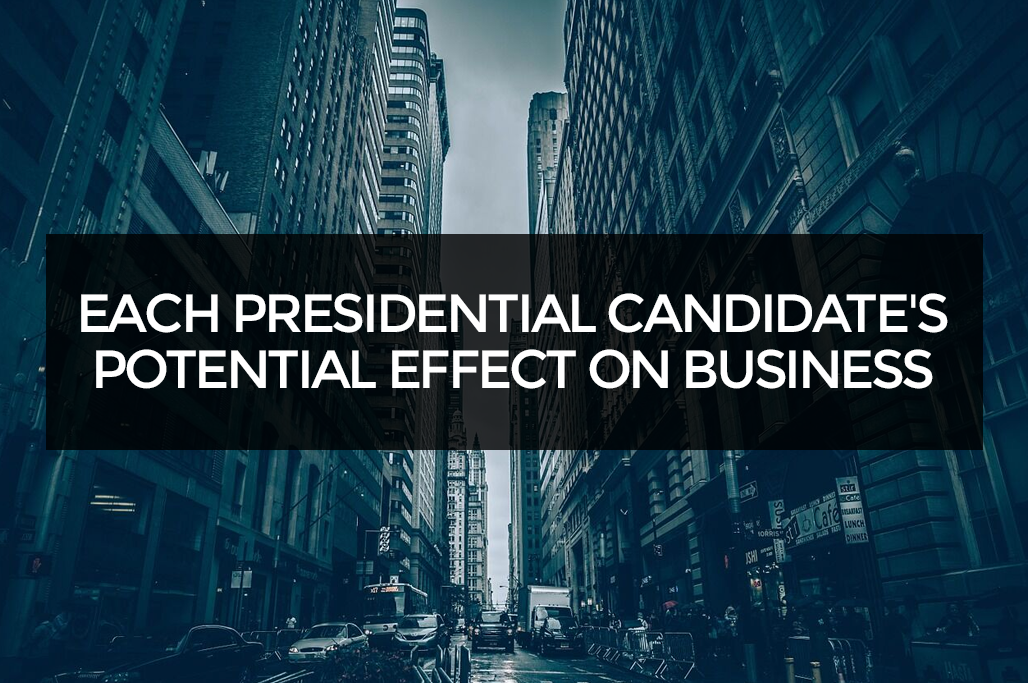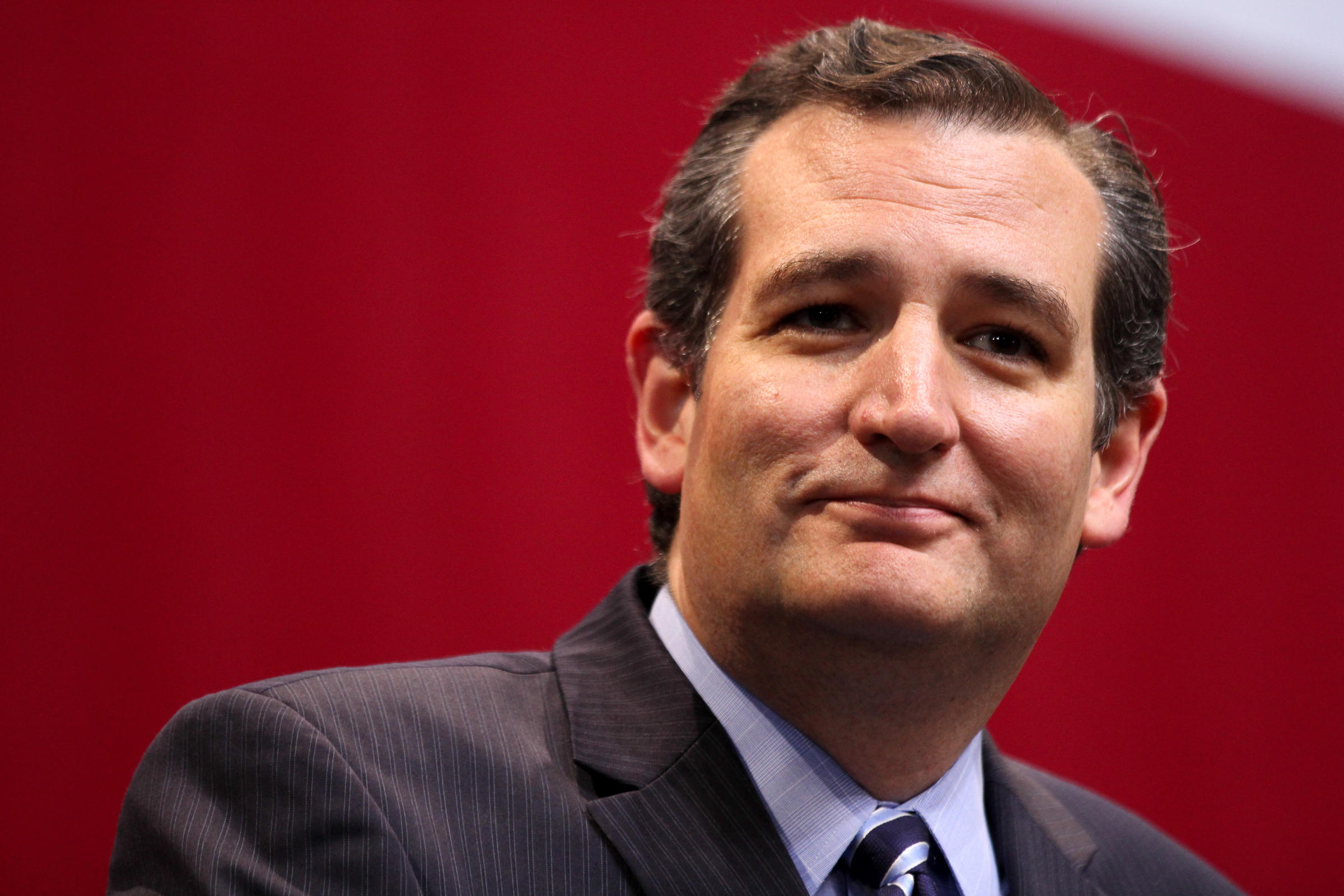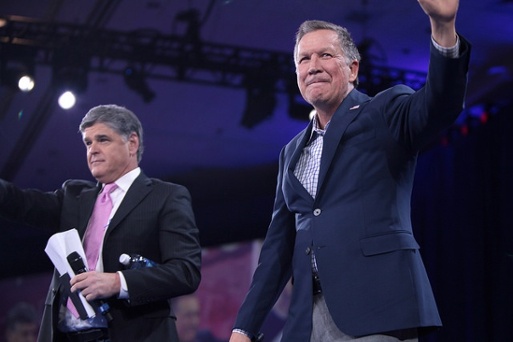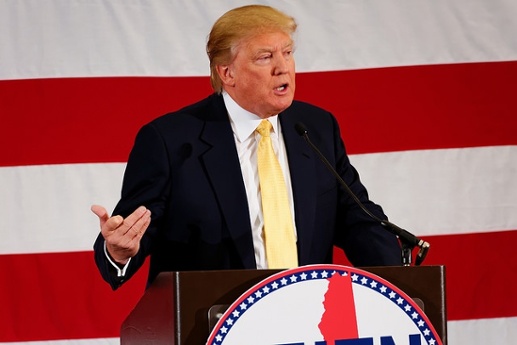
Business owners and entrepreneurs wait in anticipation as the presidential races continue, knowing that whichever candidate is elected, the world of business will undergo changes.
Each presidential candidate is offering proposals that modify tax laws and transform the economy. These changes will affect how businesses are established, the amount of loans business owns can received, and how businesses will be taxed as well.
Bernie Sanders

Bernie believes that the U.S. shouldn’t continue to allow the nation’s wealthiest corporations avoid paying their fair share of taxes as it damages the economy, which is why his plans for the future goes in favor to America’s small businesses and the working people.
The plans that Sanders has developed are largely in favor of wealth redistribution. His proposals would require increases of taxation on individuals who make over $250,000 in salary, raising corporate tax higher than 35 percent, and stopping companies from drawing the majority of revenue overseas by stopping corporations from sheltering profits in tax havens like Bermuda and the Cayman Island. Over a span of a few years, his plan would also call for minimum wage to be increased to $15.
Ted Cruz

His tax plans are more radical than most the other candidates. His tax and income proposals would be difficult to transition into since it involves eliminating payroll taxes, establishing an individual income tax flat rate of 10 percent, and adding a corporate tax rate of 16 percent. Making this move can explode the nation’s debt over time, unless unrealistically large spending cuts are imposed.
To make up for revenue losses, his plan will implement a value-added tax (VAT) that could benefit businesses in the sense that value-added taxes offer more returns for sales of goods and on purchases. However, for individuals who do not make a high income, the tax burden is much heavier. With Cruz’s plan, the VATs would be hidden from the public, thus giving the government full control of all taxations.
John Kasich

Kasich’s goals are focused on making tax cuts with the hopes of balancing the federal budget in a relatively doable eight years, as opposed to overnight like some magician. His plan would attempt to reduce the corporate tax rate to 25 percent and he would lower the rate on capital gains and dividends to 20 percent.
Kasich wants to “simplify and cut taxes for Americans by reducing the number of brackets from seven to three,” and then slashing the top rate from the current 39.6% to 28%. His plan also vaguely calls for “cutting the other rates as well,” but it is unclear by how much. His proposal increases sales tax and uses a commercial activities tax to make up for the cuts. His plan would inevitably affect businesses and the middle class, but according to economists, the exact impact is unsure.
Hillary Clinton

Hillary’s tax proposals are vague, but are in support of small businesses and although her plans are not fully developed, they would address many business related issues. Her plan would add four percent surtax on incomes that add up to more than $5 million. She is in favor of strengthening laws established by President Obama that limit corporate inversions. Hilary plans to eliminate tax loopholes, which allows hedge fund and other wealth managers to pay lower taxes on their primary sources of income.
Economically, Hillary’s plans would aim to bring business back to the U.S. and would allow a more secure platform for smaller businesses to build upon.
Donald Trump

Trump’s plan will lower and place a 15 percent cap on the corporate tax rate. Additionally businesses profiting from foreign affairs will be required to include offshore revenue in taxes with a repatriation tax rate of 10 percent.
His plan would eliminate the taxation of corporate interest deductions and the delay of overseas income. While his plan is relatively moderate, it favors corporate businesses.
The election is more than the fate of America, but rather a deciding factor on who will run our nation’s businesses and economy. When voting this November for the 2016-2020 president, keep your industry goals and values in mind to help you decide.
Photo Source: MENGWEN CAO/KUT & SkepChic
